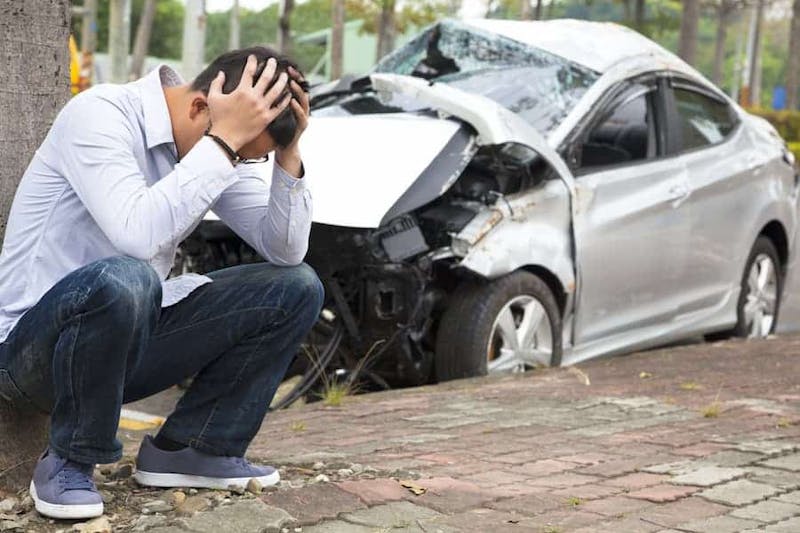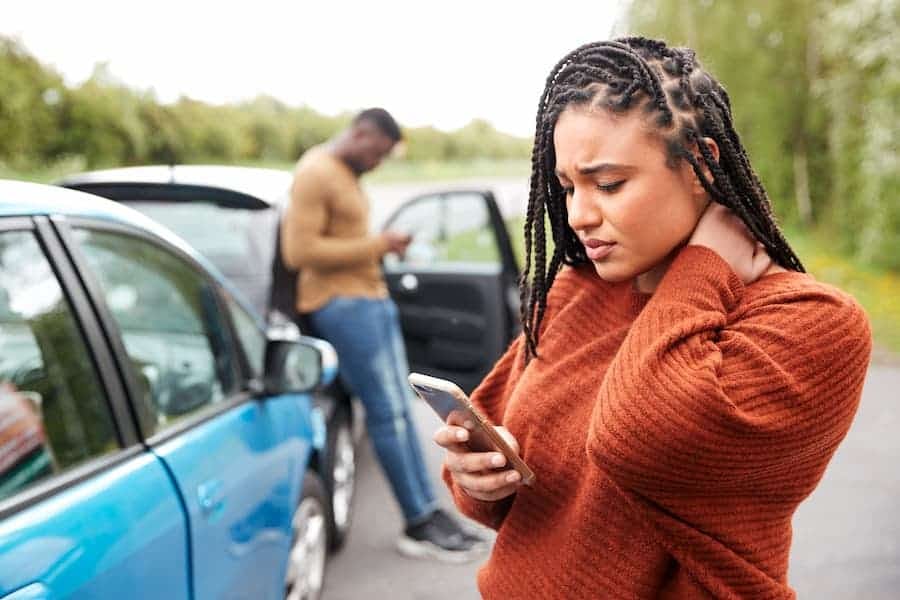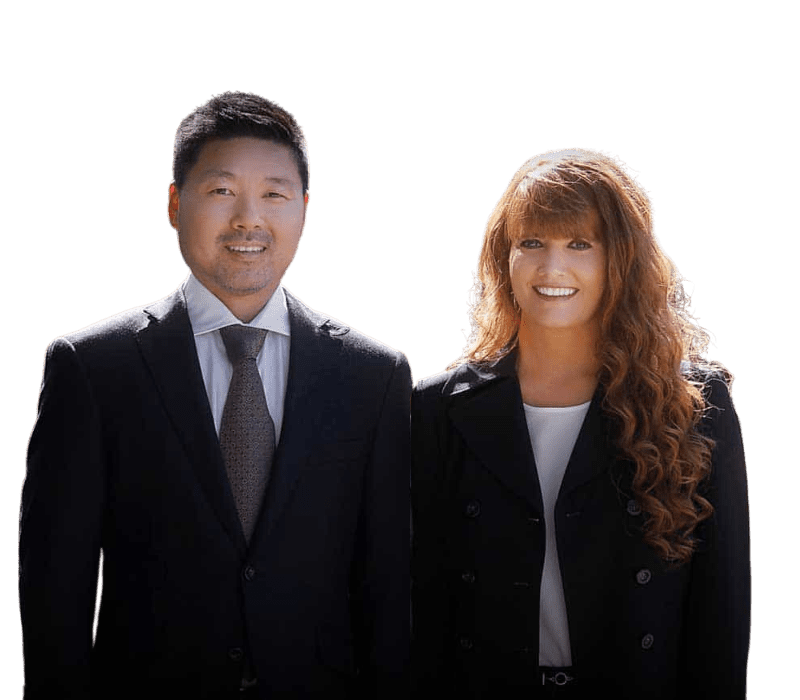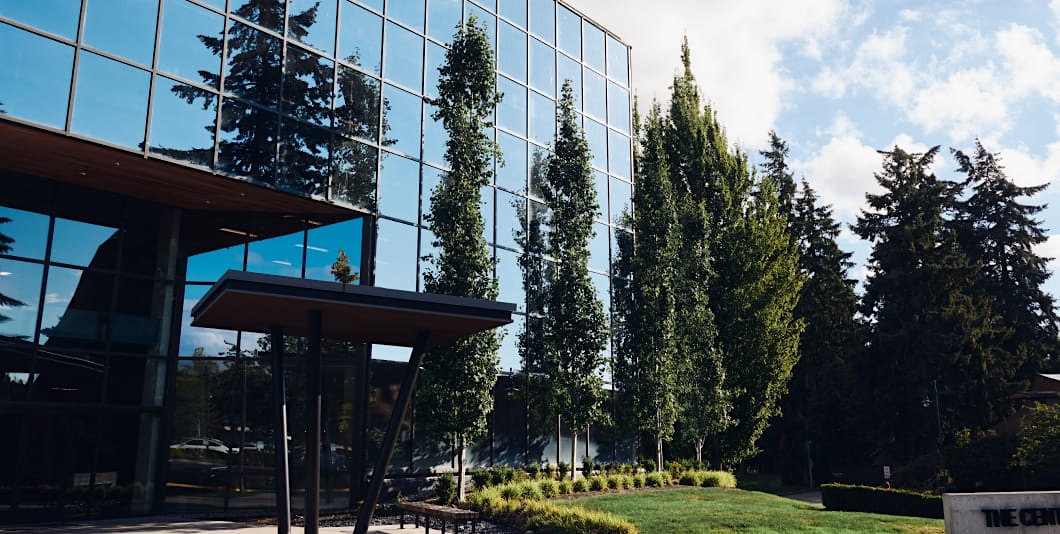
Did you recently sustain injuries from a car accident in Washington? If so, you might feel overwhelmed and uncertain about your next steps. Many car accidents are highly traumatic experiences with lasting physical, emotional, and financial consequences. Knowing what to do after an accident can significantly affect your ability to recover and move forward with your life.
This blog post provides a comprehensive guide for what to do after a car accident. From trading information with the other driver to dealing with insurance companies, we’ll cover everything you need to know to protect your rights. Our step-by-step plan will help you navigate the aftermath of any car accident and seek the money you need to recover from your injuries if someone else caused the crash that injured you. Keep reading to learn more. Reach out to a car accident lawyer.
Pull Over to a Safe Location
Washington law requires you to stop and remain at the scene of any accident that results in the injury or death of a person or damage to an attended vehicle. If it’s not safe to stop your vehicle in the spot where the accident occurred, you should pull over somewhere close by without blocking traffic any more than necessary.

Once you have stopped at the accident scene, you should:
- Check yourself, your passengers, and occupants of other vehicles for injuries.
- If anyone needs emergency care, help them arrange transportation to a hospital.
- Give others who were in the accident your name, address, insurance company name, insurance policy number, and vehicle license number.
- Show your driver’s license to anyone else who was in the accident.
If you fail to stop at the scene, exchange information with others, or render aid after an accident, you could face criminal hit-and-run charges. However, there are exceptions if you sustain severe injuries that prevent you from complying with the law.
Call 911 to Get Help and Report the Crash
It’s usually a good idea to call 911 after an accident, especially if anyone suffered injuries in the crash. If anyone gets hurt, getting them prompt medical assistance is critical. When you call 911, you can let the operator know that emergency services are necessary, and they can work to dispatch someone to the scene as soon as possible. Similarly, if any vehicles start smoking or there is a risk of a fire or explosion, the 911 operator can summon the fire department.
Calling 911 after an accident will also likely result in the dispatch of police officers, who will come to the scene to investigate, render aid, and document the accident. Law enforcement can redirect traffic, secure the accident scene, and take statements from vehicle occupants and witnesses.
The police can also prepare an accident report, in which case you wouldn’t have to create and file one yourself as state law requires. In their report, they will likely note how they believe the accident occurred and which party they believe was responsible.
Gather Evidence From the Accident Scene
Unless you suffer incapacitating injuries, you should look for and gather evidence from the accident scene while you’re still there. Useful evidence from the scene might include physical evidence, like vehicle damage, skid marks, and debris. Another common type of evidence is documentation, which includes things like photos, videos, and crash reports.
Taking good photos of the crash scene is particularly important, as pictures contain valuable visual evidence of vehicle damage, accident location, and other contributing factors like the weather. Photos of visible crash injuries also show how severe and extensive your wounds are in vivid detail. When you take pictures after a wreck, be sure to capture lots of images from plenty of different angles. Aim for full photos of the crash scene, any landmarks or signs nearby, and any other evidence that could be relevant.
If any witnesses saw the crash occur, you should approach them and politely ask them to provide statements about what they saw. Request their names and contact details, too, in case you need to follow up with them later.
Watch What You Say to the Other Driver
It’s important to watch what you say to the other driver or drivers after a car accident immediately after the wreck and at all times going forward. The other driver could remember anything you say, repeat it to the insurance companies or the courts, and the insurance adjuster or their lawyers could use your own words against you.
If another driver tries to start a conversation with you about the accident, it’s best to keep your responses brief and stick to the facts, such as insurance and contact details. Always be polite and courteous, but think about everything you want to say before you say it. Avoid sharing your opinions about the accident, such as who you think is at fault.
The other driver could take a statement as simple as an apology you make and twist it into an admission of your guilt, which could weaken or eliminate your right to seek compensation. Avoid saying things like, “Oops, I didn’t see you” or “Sorry, I was on the phone.” On the flip side, it’s important to avoid accusing the other driver or making confrontational statements, even if you know they are at fault.
Seek Medical Attention Right Away
If you didn’t seek emergency medical care immediately after the crash, your first step after you leave the accident scene should be to go to the doctor. You should make an appointment or visit a walk-in clinic as soon as possible, even if you don’t think you got hurt in the crash. Many car accident injuries, such as whiplash and concussions, are invisible and may not cause apparent symptoms for hours or days after the wreck.
When you visit the doctor, be honest as you explain what happened, and don’t leave anything out. You should describe how you’re feeling as thoroughly as possible so your doctor can document everything in your medical records, which often play a significant role in car accident claims. Insurance adjusters, judges, and juries rely on medical records as critical evidence in personal injury cases. A thorough accounting of your symptoms will also give your doctor the information they need to properly diagnose and treat your crash injuries.
Follow Your Doctor’s Orders
After your initial doctor’s visit, your doctor will likely recommend a treatment plan to help you manage your symptoms and recover from your injuries. Your plan might include treatments like prescription medications, periods of bed rest, physical therapy, or time away from work.
Follow your doctor’s orders to recover as fully as possible, avoid making your injuries worse, and reduce your risk of developing any long-term or chronic conditions. You should also make sure to attend all follow-up appointments so your doctor can document your progress and adjust your treatment plan as necessary.
It could hurt your car accident injury claim if you fail to seek medical care or follow your doctor’s orders after an accident. Insurance companies will usually review your medical records to determine the extent of your crash injuries and how much money to pay you. If your records show that you didn’t go to the doctor, didn’t follow your care plan, or didn’t attend follow-up appointments, the insurance company might argue that your injuries can’t be as bad as you claim.
Document Your Recovery in a Pain Journal
A pain journal is a document, notepad, or journal you can use to document your pain levels, symptoms, and other feelings after an accident. A pain journal can serve as useful evidence for your accident injury claim because it provides detailed records showing how your recovery progresses over time.
When you consistently log your feelings, appointments, symptoms, and how your injuries affect your life in a pain journal, it gives everything you say about your injuries more credibility. It prevents you from having to commit all the details to memory.
To start your pain journal, get a digital document, notebook, or journal and begin making regular entries about your condition. Record information about the pain and discomfort you experience, how severe your symptoms are, and when you experience them. Write down the names and dosages of any medications you are taking and any side effects you notice. You should also note details about any activities or movements that make your symptoms feel better or worse.
Keep Copies of Important Documents
Keep copies of any documents relevant to the accident since you might need to use them as evidence if you file a car accident claim. Saving medical records and bills is especially important, as they show the extent of your injuries and any medical care you received. Copies of your medical bills also show how much your treatments cost and how much you paid out of pocket so you can claim compensation later.
You should also document any lost wages or income due to missed time at work since you can seek compensation for those losses when you file your injury claim. To document wage losses, you should keep an accounting of any hours or days you miss at work after the accident.
Look for documentation of your regular work schedule, pay rate, or salary, such as pay stubs or tax records. Keep all of your documentation neat and organized in a safe, easily accessible location.
Watch What You Say to the Insurance Companies
If you must contact the insurance company after an accident, be cautious with what you say. When you report the accident, be honest and provide factual information to the insurance adjuster. They might request your opinions about the accident or ask you for answers you don’t have, in which case it’s better to stay silent.
Avoid guessing or sharing anything but the facts, and don’t be afraid to admit when you don’t know the answer to a question. Keep your statements brief, truthful, and to the point.
It’s even better to have a lawyer communicate with the insurance companies on your behalf. Rather than stressing over every word you say, you can work with an attorney who will navigate the insurance claims process for you and speak to the insurance company with your best interests in mind. When a lawyer represents you as you file an insurance claim, you minimize your risk of saying anything that could damage your claim.
Be Careful With Your Online Activity
If you use social media or other applications that allow you to share photos, videos, or other information online, be extra cautious about what you post after an accident. Today’s insurance companies and defense attorneys can and will search online for evidence to use against you when you file an accident injury claim. Even an innocent smiling selfie or status update could damage your case.
To protect your legal rights and avoid damaging your claim, never post any details about the accident or your injuries online. Don’t share photos or updates about you engaging in activities that make your injuries seem less severe than you claim. The other side could use this information to downplay the severity of your condition or argue that certain of your injuries are pre-existing.
Additionally, double-check your privacy settings to ensure you don’t accidentally share anything publicly and avoid accepting friend requests from those you don’t know personally.
Contact an Attorney as Soon as Possible

When you contact a lawyer after a car accident, they can help you by:
- Reviewing your situation and explaining your rights in a free case evaluation
- Conducting an independent investigation into the car accident to determine who is at fault and gather valuable evidence
- Communicating with employers, insurers, and other parties on your behalf
- Obtaining medical records, accident reports, and other useful documentation
- Interviewing reliable eyewitnesses for unbiased statements about the accident
- Working with expert witnesses, such as accident reconstruction specialists
- Managing your case documents, details, and deadlines, so you don’t have to
- Negotiating aggressively with the insurance company to increase your settlement
- Taking your case to court and representing you at trial if necessary
For more information, reach out to a personal injury lawyer.












